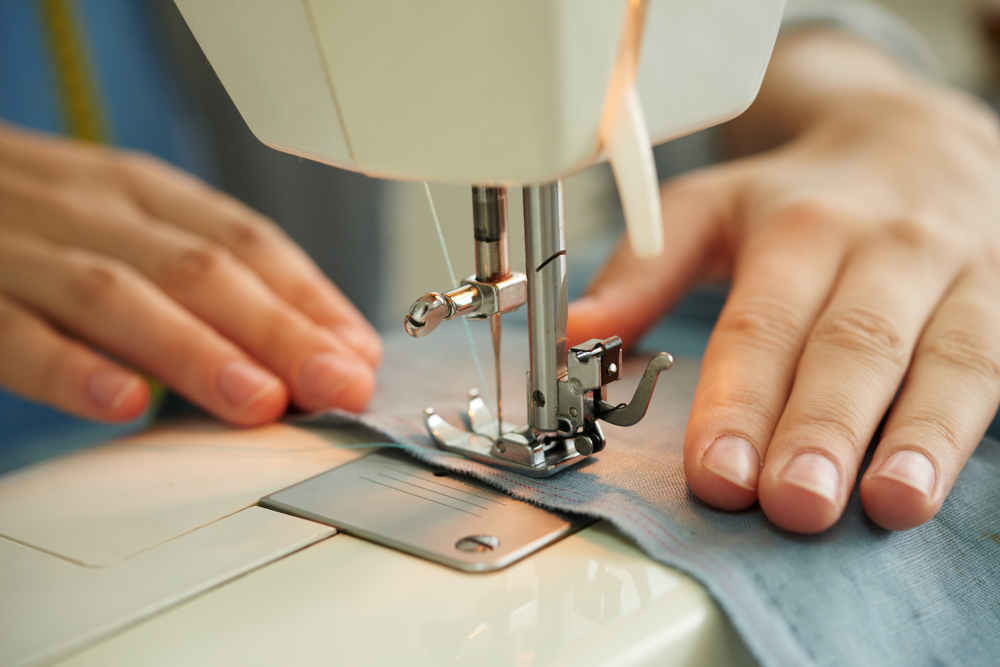Introduction:
Made to measure suits represent a blend of craftsmanship and modern technology, providing a personalized approach to tailoring that caters to individual preferences and body measurements. These suits offer a superior fit and style, making them a popular choice for those seeking a tailored experience in the world of fashion. In this article, we will delve into the intricacies of made to measure suits exploring what sets them apart, the process involved, and the benefits they offer to discerning individuals.
Understanding Made to Measure Suits
Made to measure suits are a bridge between off the rack suits and bespoke suits, offering a higher level of customization compared to ready made options. The process involves tailoring a suit to fit an individual’s specific body measurements and style preferences while using pre existing patterns as a foundation. Unlike off the rack suits, made to measure suits are not mass produced and allow for adjustments to achieve a more precise fit.
The Process of Creating a Made to Measure Suit
- Initial Consultation:The process typically begins with a consultation between the client and a tailor or a representative from a tailoring company. During this meeting, the client discusses their preferences, style, and requirements.
- Measurements:Precise measurements are taken to ensure the suit fits the individual perfectly. These measurements cover various aspects, including chest, shoulders, arms, waist, hips, and inseam. Tailors also consider posture and any specific fit preferences.
- Fabric Selection:Clients choose the fabric for their suit, considering factors such as material, color, pattern, and texture. Tailors provide guidance based on the client’s preferences and the intended use of the suit.
- Customization Options:Clients can personalize several aspects of the suit, including lapel style, pocket design, button type, lining color, stitching details, and more. These choices allow for a unique and tailored appearance.
- Pattern Adjustments:Tailors use existing patterns as a starting point and modify them based on the client’s measurements and customization choices to create a pattern that will result in a well fitting suit.
- Crafting the Suit:Skilled tailors cut and sew the fabric according to the modified pattern, incorporating the chosen customizations and ensuring a precise fit. Multiple fittings may be scheduled to make necessary adjustments for the best fit.
- Final Fitting and Adjustments:Once the suit is near completion, the client attends a final fitting to assess the fit and make any last minute adjustments, ensuring satisfaction and comfort.
Benefits of Made to Measure Suits
- Personalized Fit:Made to measure suits offer a superior fit by considering an individual’s specific body measurements, resulting in a comfortable and flattering appearance.
- Style Customization:Clients have the freedom to choose various style elements, enabling them to express their unique taste and personality through their suit.
- High Quality Craftsmanship:Made to measure suits are crafted by skilled tailors who pay meticulous attention to detail, ensuring a high level of craftsmanship and quality.
- Time Efficiency:While not as time consuming as bespoke tailoring, made to measure suits still offer a personalized experience without the lengthy wait associated with fully bespoke options.
Conclusion
Made to measure suits offer a balance between customization and efficiency, providing a tailored experience that aligns with an individual’s preferences and measurements. This approach to tailoring continues to gain popularity, appealing to those seeking a superior fit and a personalized style in their garments. Through the fusion of modern technology and traditional craftsmanship, made to measure suits exemplify the artistry and precision of the tailoring industry.





